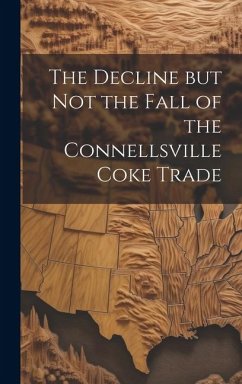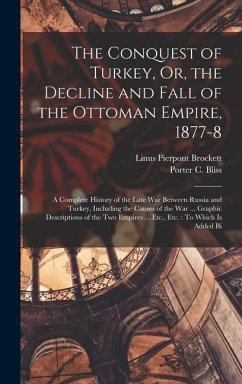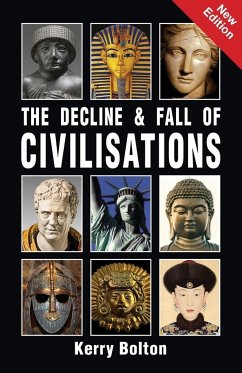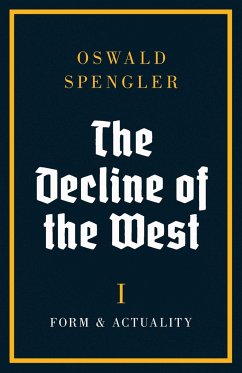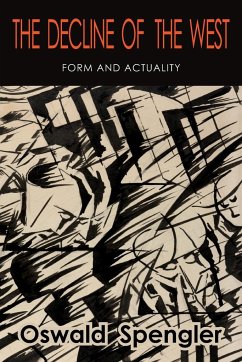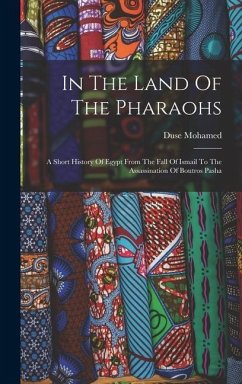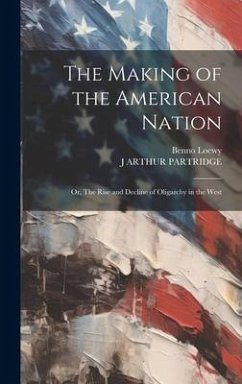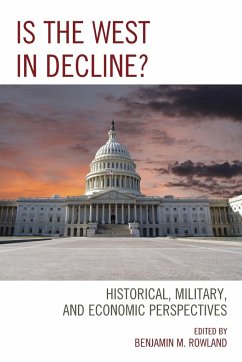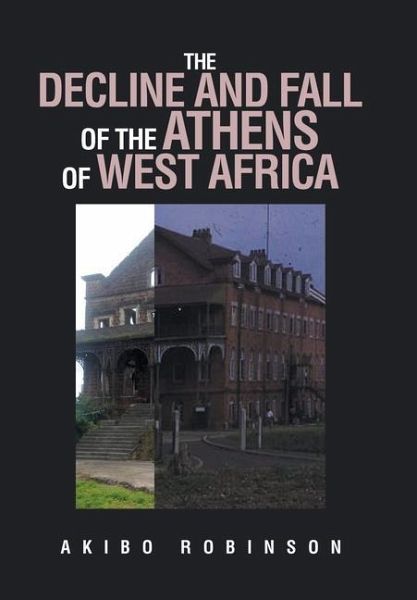
The Decline and Fall of the Athens of West Africa
Versandkostenfrei!
Versandfertig in über 4 Wochen
34,99 €
inkl. MwSt.
Weitere Ausgaben:

PAYBACK Punkte
17 °P sammeln!
The country owed its name to the Portuguese explorer, Petro da Cintra, who was the first European to sight and map the Freetown Habour. The original Portuguese name, Sierra Lyoa (Lion Mountains) describes the range of hills that surrounds the habour. The capital Freetown commands one of the world's largest natural habours. The country is located on the coast of West Africa, bounded on the North and East by Guinea, on the East by Liberia, and on the West by the Atlantic Ocean. It has many miles of beautiful sandy beaches. The backbone of the economy is agriculture, but it is rich in minerals - ...
The country owed its name to the Portuguese explorer, Petro da Cintra, who was the first European to sight and map the Freetown Habour. The original Portuguese name, Sierra Lyoa (Lion Mountains) describes the range of hills that surrounds the habour. The capital Freetown commands one of the world's largest natural habours. The country is located on the coast of West Africa, bounded on the North and East by Guinea, on the East by Liberia, and on the West by the Atlantic Ocean. It has many miles of beautiful sandy beaches. The backbone of the economy is agriculture, but it is rich in minerals - diamonds, gold, bauxite, and rutile. The book traces the rich pre-colonial history of a people whose main occupations then were agriculture and trade. Communal life was highly regulated by chiefs, who presided over their subjects. These societies were governed by what is now called "customary laws". The book also debunks the thinking that Pedro da Cintra discovered Sierra Leone; he was not even the first European to set foot in Sierra Leone. It traces exhaustively the exploitative rule of the British Colonial Administration until its independence on 27th April 1961. Sierra Leone is credited as being, the "Athens of West Africa". How this came about is explained at length. How can a small country so far removed from Athens be credited as such? The primary reason was for its learning. The first University in sub-Saharan Africa was established in Sierra Leone, and it attracted students from all over the continent. Woven into this academic fabric, is the politico-socio-economic development from the founding of the state up to the present. It traces the turbulent times the country has been through: coups and countercoups, declaration of a one party state, a brutal 11-year civil war, and the bastardisation of the constitution by various regimes, since independence up to the present.





